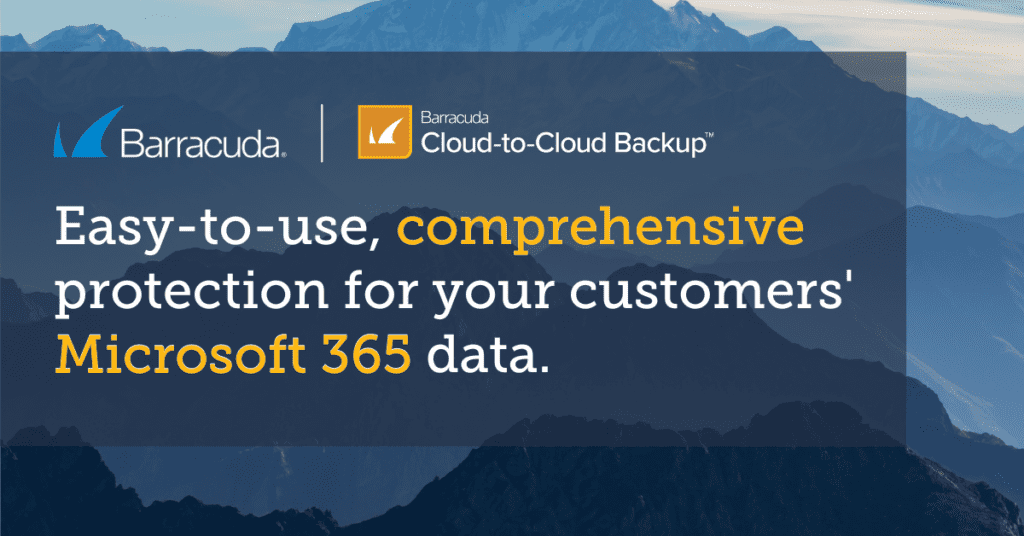
Managed service providers (MSPs) often overlook schools and other educational institutions, even though they present an excellent opportunity for new business. That is, if one is ready to handle some of their inherent challenges. According to various market research reports, the K-12 managed services market is projected to grow at a CAGR (compound annual growth rate) of around 12-15 percent between now and 2030, driven by increased adoption of digital learning tools, hybrid-cloud infrastructure, and cybersecurity needs within the K-12 education sector.
MSPs are filling the IT gap in schools
With IT talent in short supply and a school’s staff often overextended, an increasing number are turning to MSPs to provide general IT and cybersecurity services. Public school board minutes give insight into common arrangements and packages.
Garner, Iowa: Next Generation Technology contract for 2023-2024 has an IT agreement that will provide the following services — managed services ($200), backup services ($265), support services ($6,210), backup licensing on a recurring monthly basis ($33). A total monthly value of $6,708.
University Center, Michigan: Delta College approved Ellucian for the continuation of information technology managed services for a seven year period for an annual amount of $3,287,220.
These are good examples of service contracts, one with a multi-campus local school system, the other with a more compact college. These types of service contracts provide the schools with cybersecurity and IT peace of mind at a fraction of the cost of hiring someone full-time. And, for the MSP, it’s a dependable source of revenue.
Opportunities and challenges
There are many beneficial aspects for an MSP that chooses to provide cybersecurity services to schools, including:
- Schools are typically good at paying their bills.
- School boards usually approve multi-year service contracts for steady income.
- Educational institutions typically have someone on staff who can communicate with the MSP and do essential functions in-house.
However, some challenges of working with schools include:
- Bureaucracy.
- Being mindful of data and regulations concerning minors.
- Working with a school can be time-consuming if there is a data breach.
Filip Dimitrijevski, Business Development Manager at ClickVision, an outsourcing company based in Macedonia, tells SmarterMSP.com that schools are a favorite target of hackers and that in itself often necessitates the services that an MSP can provide. “Hackers love to target schools because they keep sensitive information about different people and finances,” he says.
Cybersecurity can be a tough sell
Still, despite the goldmine of data that schools sit on, cybersecurity services can be a tough sell during a time of thin budgets. “It may be quite difficult to explain to school leaders why being more active in such issues is necessary, but it also can be an opportunity to do so,” Dimitrijevski explains.
Trying to sell a school the importance of cybersecurity services is crucial because often, the leaders don’t realize its significance until it is too late.
“Unfortunately, schools never really grasp the significance of cybersecurity until the day they are hacked,” Dimitrijevski points out. So, when trying to sell services to schools, Dimitrijevski advises that MSP emphasize basic concepts and illustrate them with actual life scenarios to help stakeholders realize the danger.
“For schools, enhancing their protection does more than ensure that data will remain secure; it also helps make the classroom safer for students and teachers alike,” Dimitrijevski explains. He adds that security within cyberspace is very important to ensure that the people learning do not fall victim to fraudsters.
Breaking into the education market
Rajesh Krishnan, Head of Product Marketing at Asimily, an IoT risk management platform, is familiar with the education vertical and how to sell cybersecurity solutions from the MSP perspective.
He explains that schools and universities can be tough to sell to, which often will deter an MSP, but the reward is worth the work. “If you had to design a vertical that was difficult to sell enterprise-class software into, you might end up with a modern university,” he states, adding that by their very nature, they are decentralized.
“Schools within universities and departments are independent and expect to chart their path for curriculum, research, and administration,” Krishnan notes, adding that decentralization affects software purchases, including cybersecurity software and services. Krishnan also shares that there can often be a lot of bureaucracy, but the result is a long-time, stable customer. “Decisions can take a long time to get through multiple layers, but educational institutions can be excellent and loyal customers for years; it just takes some effort to get there.”
Photo: prostock_studio / Shutterstock


Kevin you wrote, “Trying to sell a school the importance of cybersecurity services is crucial because often, the leaders don’t realize its significance until it is too late.” Can you provide strategies, or source where I might find strategies that have worked? Excellent article!